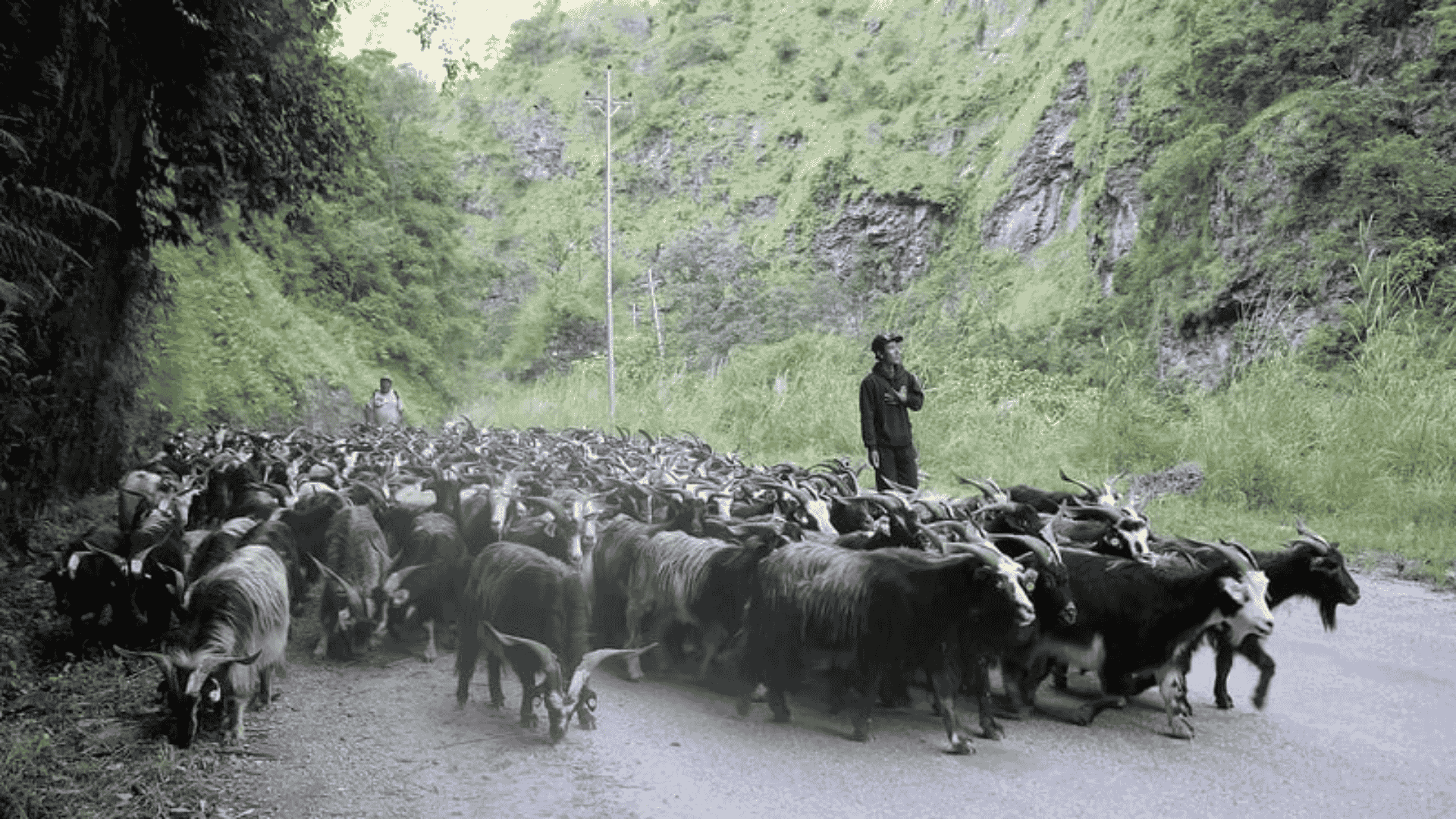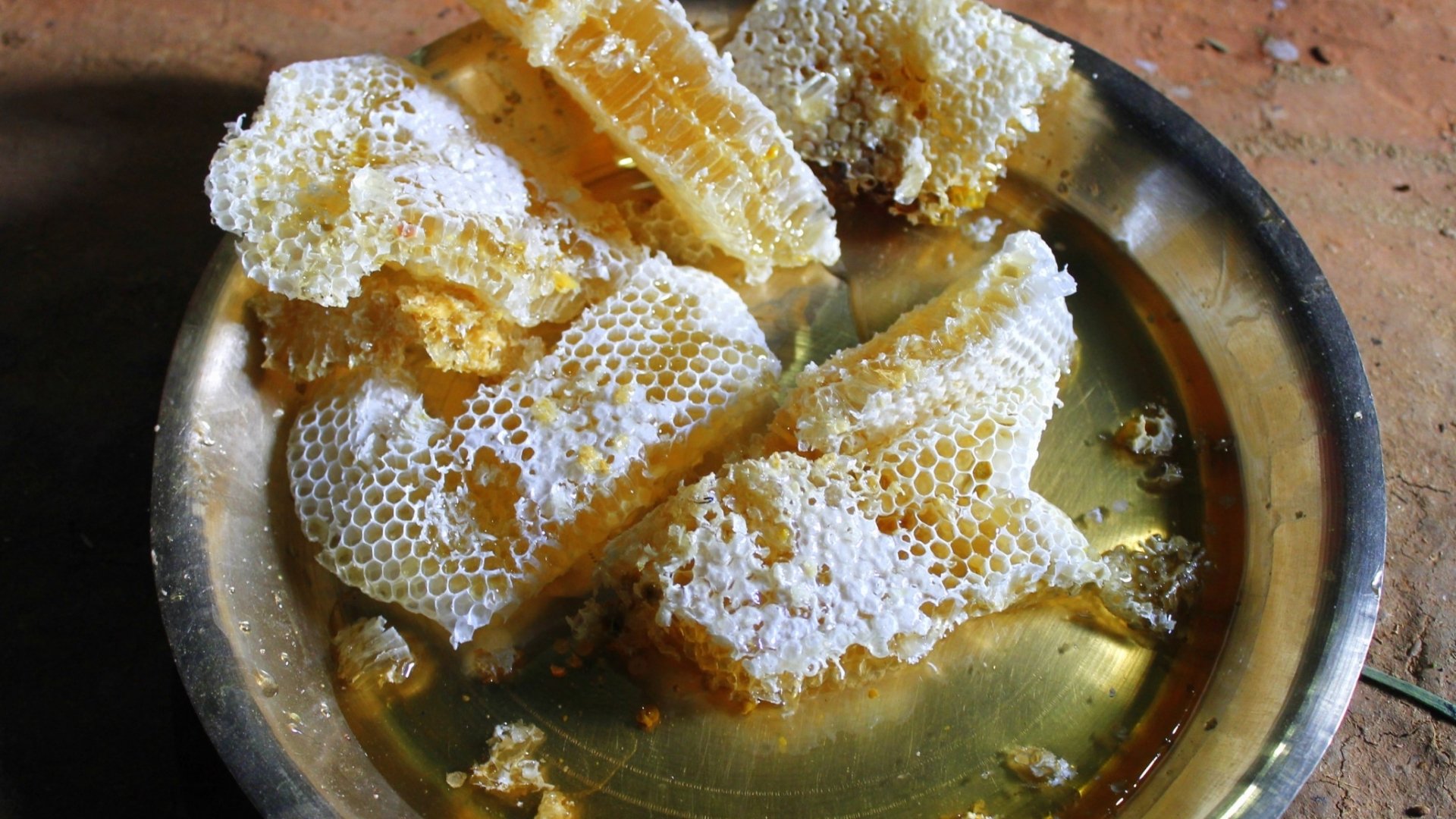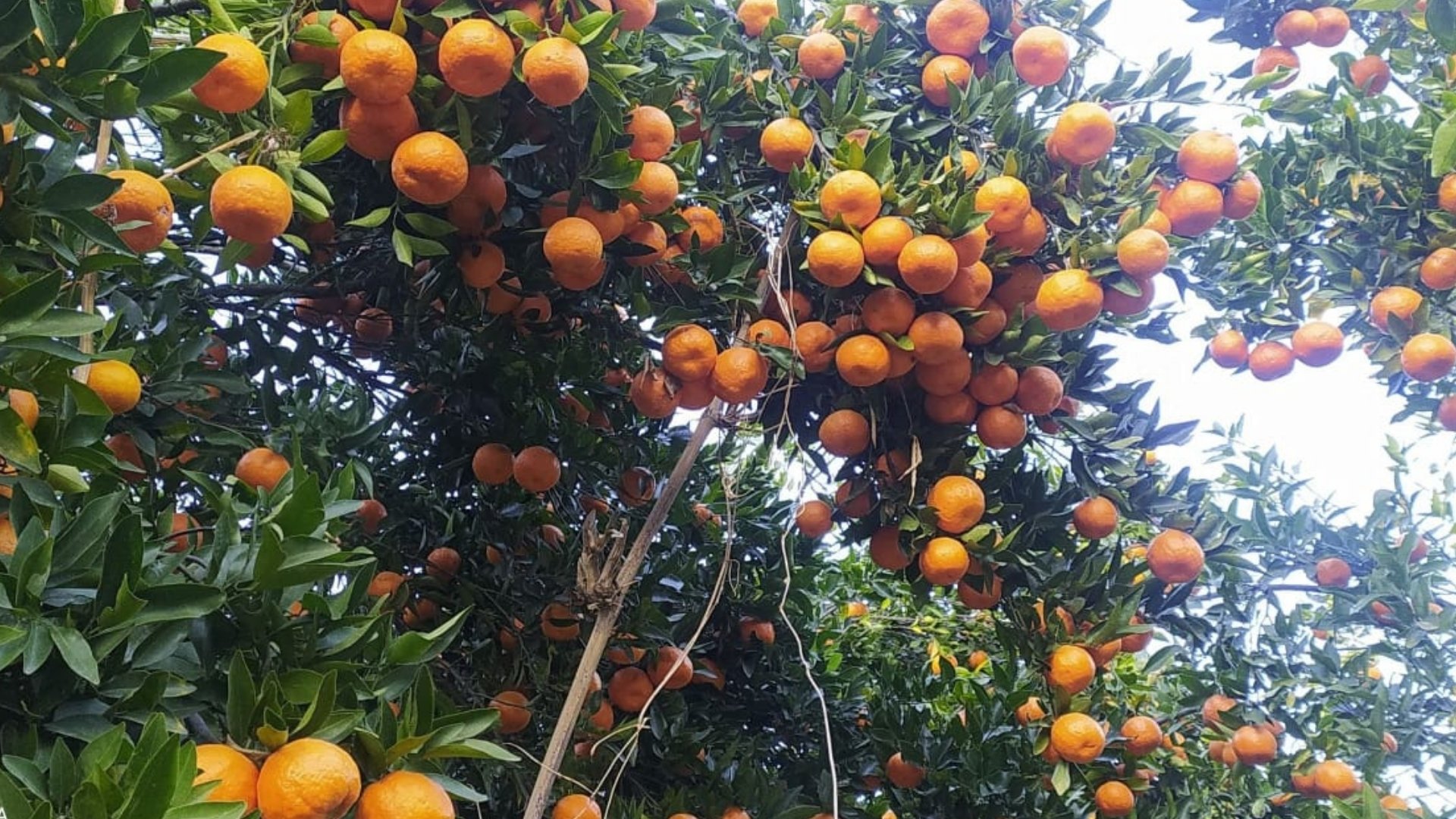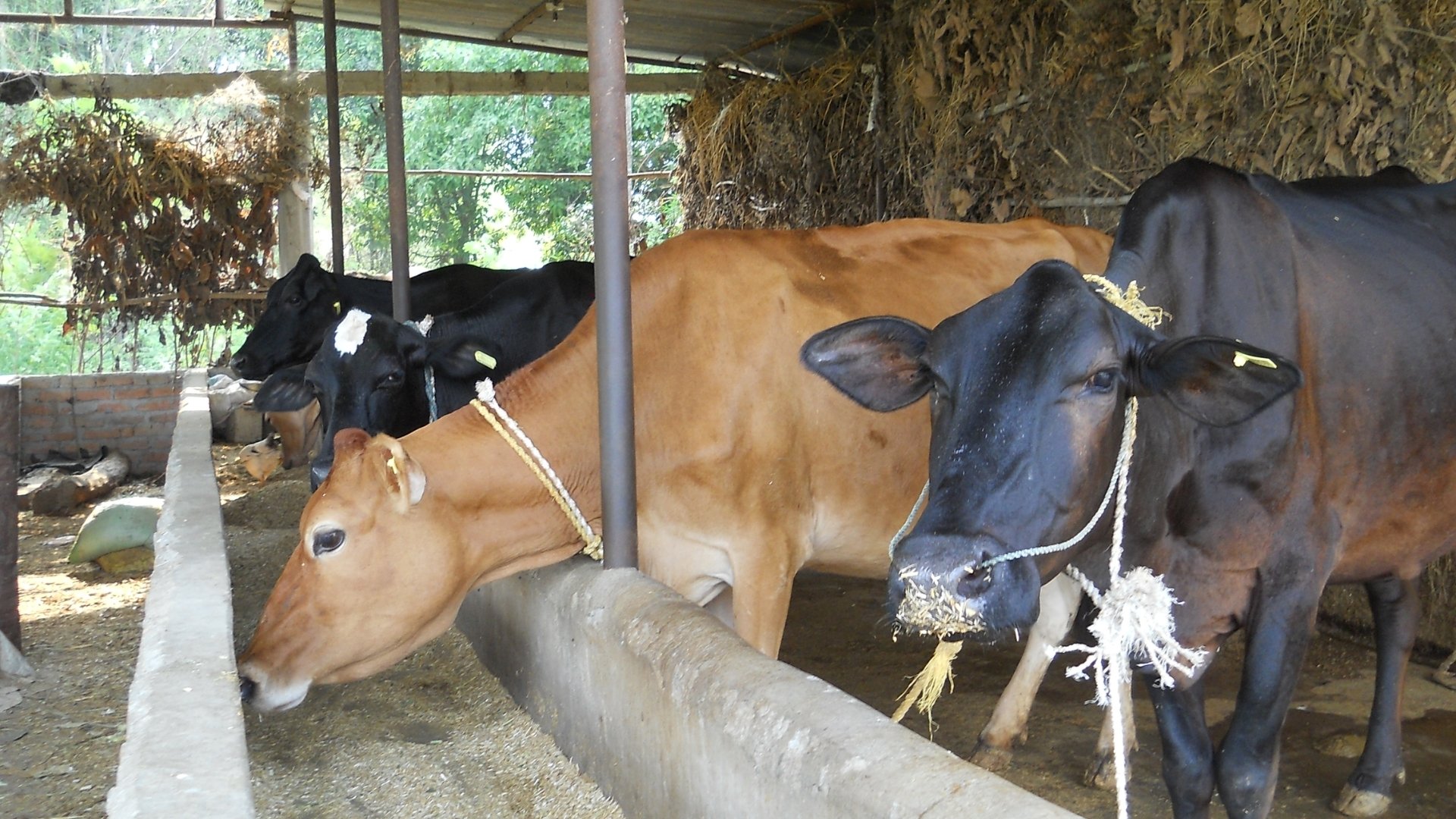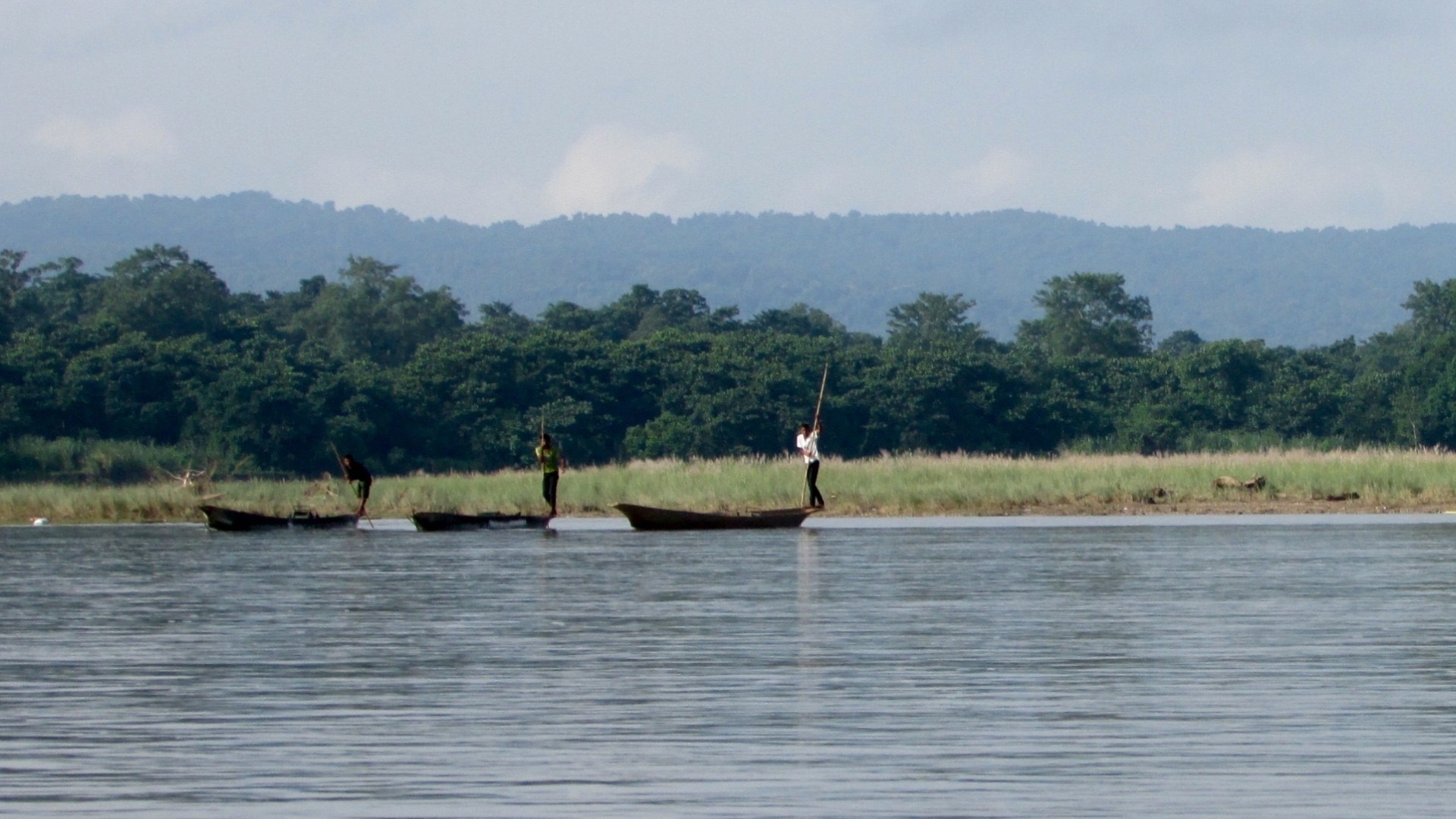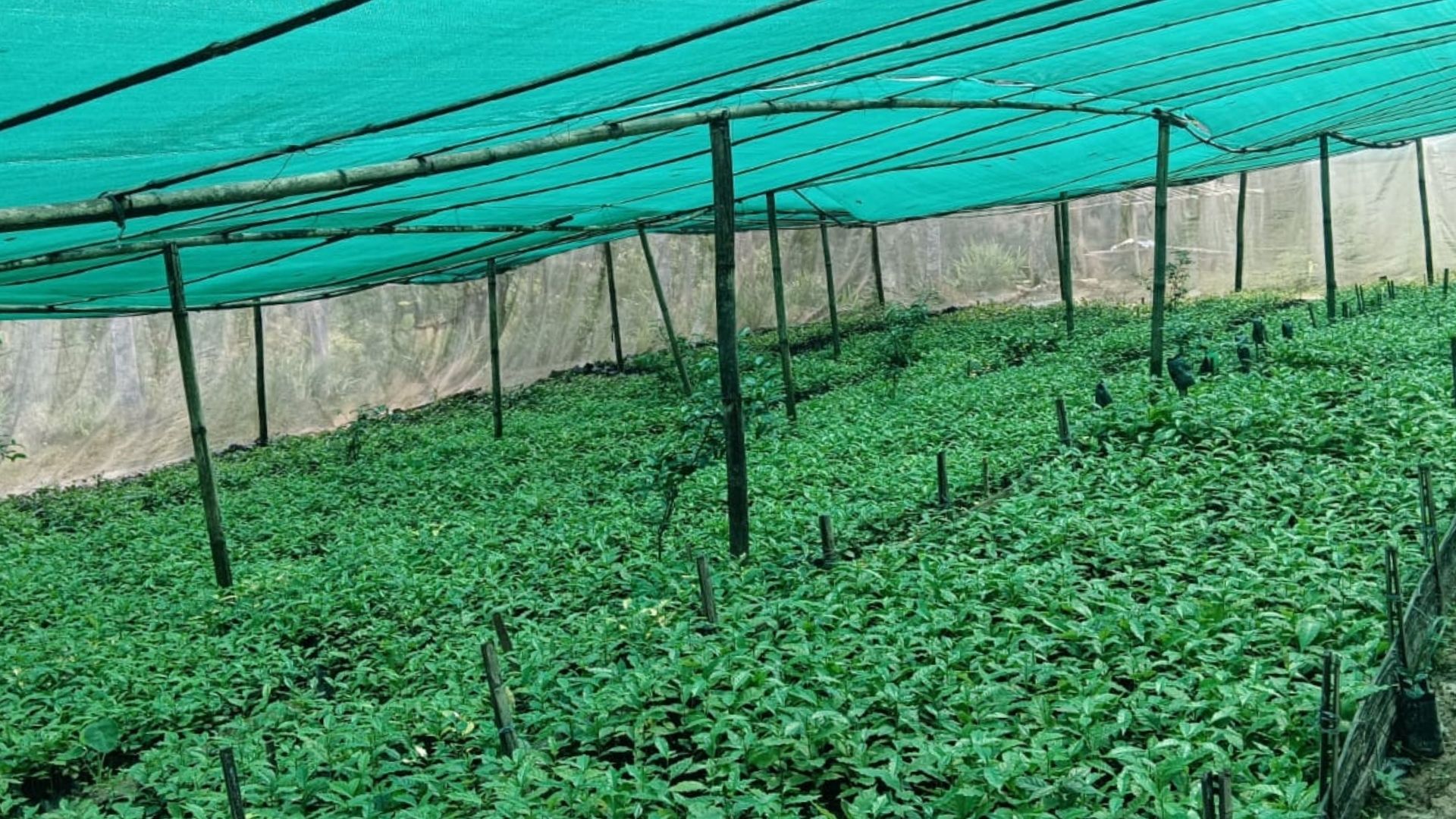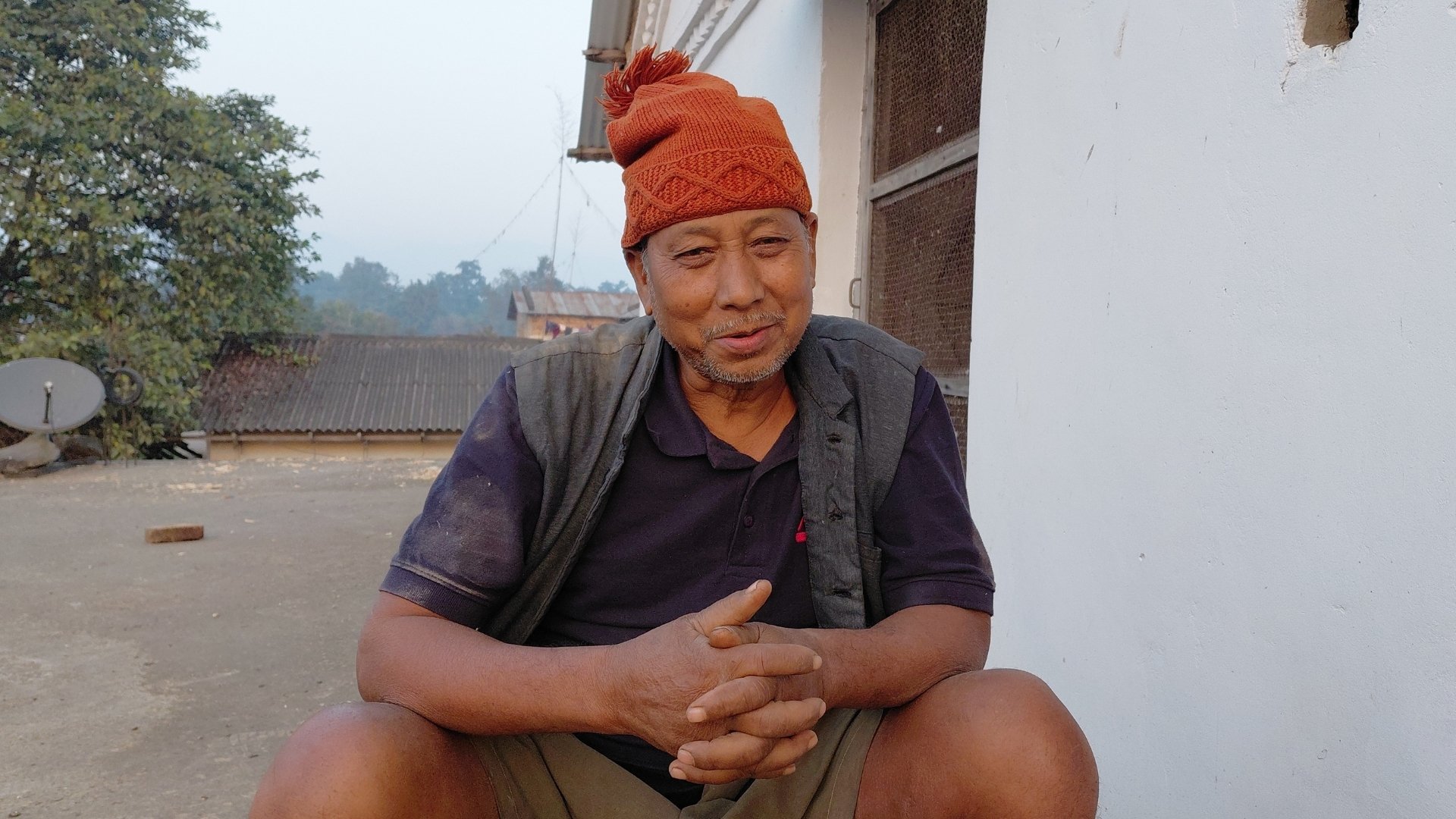In Mustang, local farmers have been adopting the Chyangra farming business as a profession for generations. The government has given high priority to the Chyangra Zone Development Program to improve the Chyangra farming business and promote the Chyangra farming business to replace meat imports.
In the fourth year of the Chyangra Zone Development Program’s implementation, 78 agricultural farms have been listed in the Chyangra Zone Development Program in three local levels of Mustang. The office invites proposals every year to be listed for the Chyangra Zone Development Program and then lists them in the Chyangra Zone Development Program based on priority, informed Bharatraj Gautam, Chief of the Office of the Prime Minister’s Agriculture Modernization Project, Project Implementation Unit.
Out of the five local levels of Mustang, farmers from three local levels have been affiliated with the program based on demand, said Gautam, Chief of the Office.
So far, a total of 78 farms from Varagung Muktichhetra, Lo-Ghekar Damodarkunda and Lo Manthang rural municipalities of the district have been registered under the program. Under this, 56 farms in Baragung Muktikshetra, 16 in Lo-Ghekar and nine in Lo-Manthang Rural Municipality have been registered, said Office Chief Gautam.
Eight farms were registered in the first fiscal year 2078/79, 16 in 2079/80 and 17 in 2080/81. The Project Implementation Unit of the program has stated that 37 livestock farms were registered under the Chyangra Zone Development Program in the fourth fiscal year 2081/82. A budget of NRs. 75.30 lakh in the first year, rupees 72.40 lakh in the second year, 80.47 lakh in the third year and 59.11 lakh in the current fiscal year was allocated.
Actual expenditure was NRs 4.91 million in the first year, NRs 7.29 million in the second year and Rs 5.798 million in the following year. A budget of Rs three million has been allocated for 10 listed farms in the current fiscal year 2081/82, which will provide 85% subsidy for improving the Changra farm.
In coordination with the local level, a budget of Rs 892 thousand has been allocated for one listed farm with 85 percent subsidy. The program has been set to provide Rs 1.2 million for the livestock breeding improvement and production increase program in the targeted zone, Rs 318 thousand for animal feed management, and Rs 500 thousand for zone improvement support and agricultural mechanization in the zone area, informed the office chief Bharatraj Gautam.
Earlier, under the Chyangra Zone Development Program conducted in Mustang, eight listed farms were provided with Chyangra pups, solar chargers, torch lights, raincoats and tents in the first fiscal year. Eight farms received grants for cage improvement, one for the establishment of an animal breeding resource center and one for the establishment of a goat collection center.
In the fiscal year 2079/80, 13 listed farms received Chyangra pups, solar chargers, torch lights and digitizer scales. Similarly, 21 farms received grants for medicine distribution to control animal diseases, 10 farms for cage improvement and two listed farms received grants for establishment of an animal breeding resource center from Chyangra Zone.
Similarly, in the fiscal year 2080/81, 10 farms received grants for Chyangra pups, 29 farms for medicine distribution, 36 farms for Chyangra feed, seven farms for cage improvement and two livestock farms received grants for zone development. Gautam said that necessary equipment and technology for sheep farming have been provided as grants to increase livestock production, distribute livestock, build infrastructure, and improve livestock breeding.
Gautam further stated that there is an additional plan to improve and manage livestock breeding in the coming year and attract livestock farms towards meat production and pashmina business. He mentioned that the office aims to emphasize the pashmina industry in the coming years under the zone program. He informed that the sheep zone program has protected and commercialized the business of local livestock farmers and has provided employment to at least three to four people in all listed livestock farms.
The Mustang-based program has created an environment where the concerned livestock farms can earn double income by taking advantage of the facilities provided by the government and producing, selling and distributing sheep and extracting pashmina, said Gautam.
– Sundar Kumar Thakali/RSS


